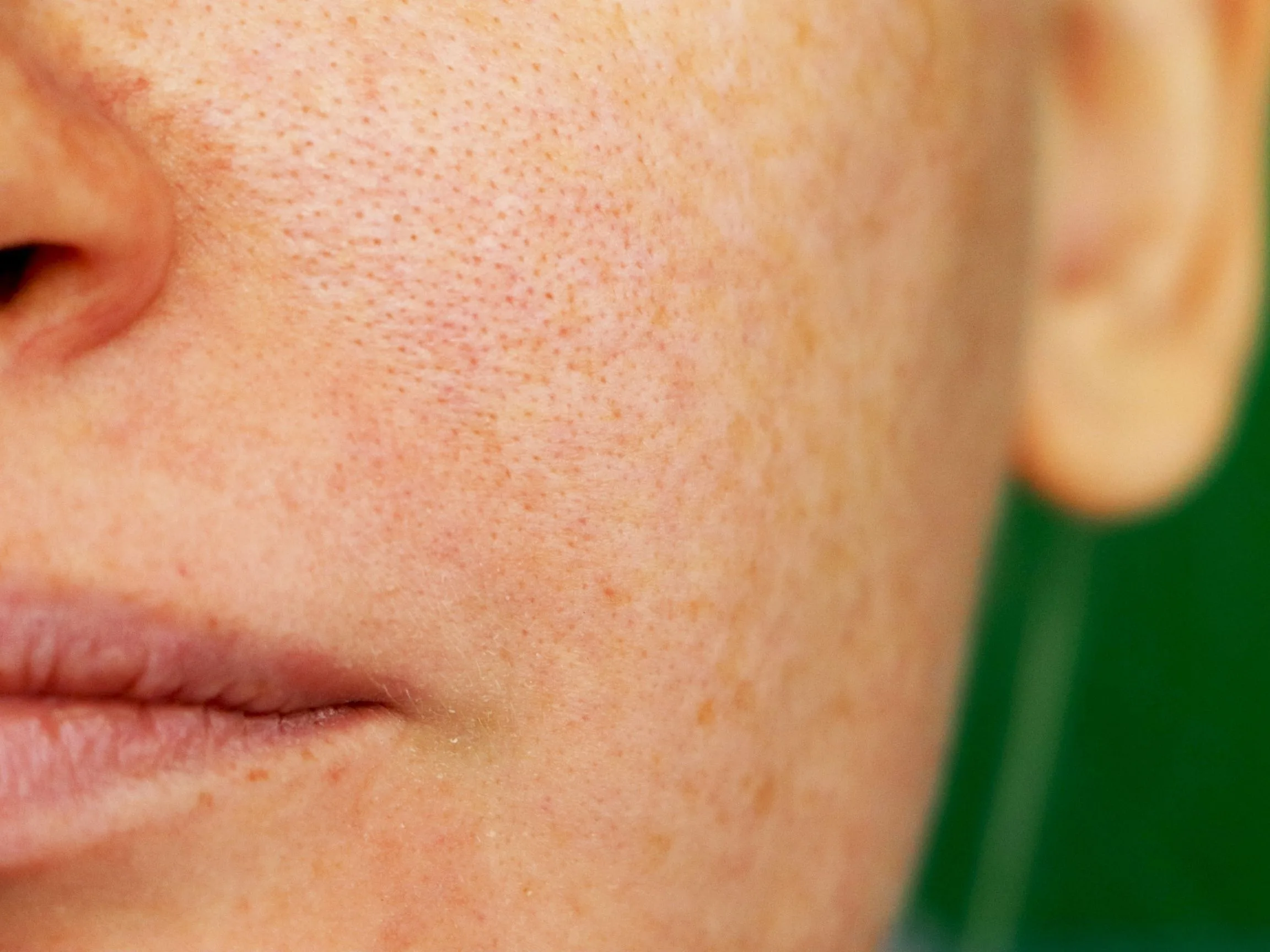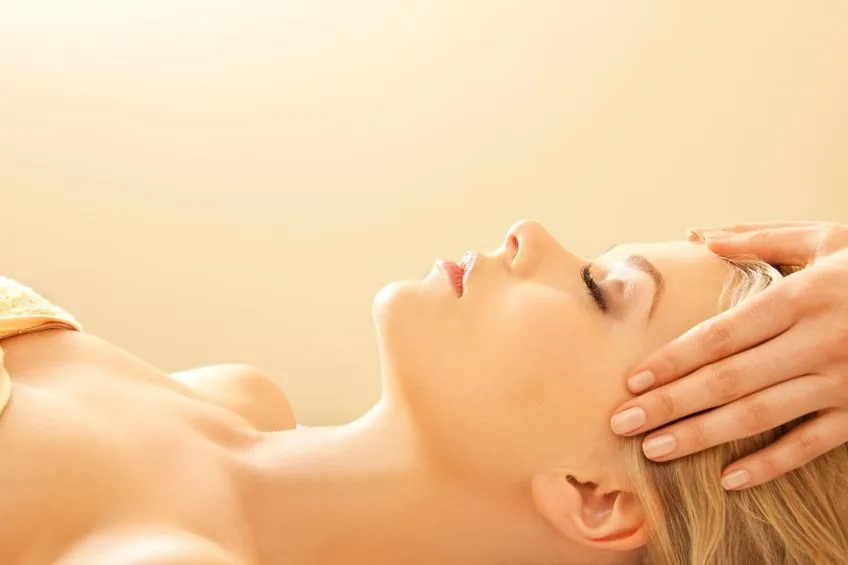
What is Melanin?
You probably haven’t heard the term “melanin” and we’re sure it sparked some curiosity just now about what is that is and how it relates to our skin? Don’t worry, we’ve got you covered there because you should know what is melanin. When you hear about sunspots, moles, and other skin pigmentation concerns, the term “melanin” and “melanogenesis” are used regarding the process. So, what is melanin, exactly, and how does it determine not only the overall color of your skin but also signs of discoloration such as sunspots and freckles?
Here is your guide to the skin pigmentation process and the ingredients that combine to give your skin its unique color.
WHAT IS MELANIN?
Melanin is the pigment that gives your skin its color. Up to a point, it will protect your skin from damage caused by the sun’s UV rays by absorbing and dissipating the light energy. However, your skin begins to tan when further exposure produces cellular DNA damage. Your skin releases repair enzymes to help correct this and signals for additional melanin to be produced. When this process, called melanogenesis, occurs, it is seen as a “tan.”
A tan provides an SPF factor of 2 to 3, which is not enough to prevent further damage to DNA. When extensive damage has occurred, enzymes are no longer able to effectively repair the DNA and those damaged cells are “instructed” to self-destruct. If damaged cells reproduce, they could cause cancer.
In the skin, there are two types of melanin:
- Eumelanin is black or brown pigment.
- Pheomelanin is a reddish-yellow pigment.
These different pigments, which occur in various concentrations, determine your skin and hair color.
MELANOCYTES
Located in the undermost layer of the epidermis, melanocytes are the cells that produce melanin. Melanocytes are triggered to produce more melanin due to environmental factors such as exposure to UV light.
Melanocytes are also responsible for producing the melanin that gives your hair its color, but these cells are more sensitive to the aging process than those in your skin. This is why hair begins to grey with age, whereas the skin typically maintains its color.
Once melanin is produced by the melanocytes, it is then transported to cells called keratinocytes in the outermost layer of the epidermis by organelles called melanosomes. This is how your skin gets it color, as well as how certain pigmentation issues such as sunspots, freckles and melasma appear.
COMMON PIGMENTATION ISSUES
There are a number of different types of skin discoloration, but all are linked with the amount of melanin that your skin produces. In the case of sunspots, your skin over-produces melanin in order to help protect your skin from UV rays. This excess pigmentation may form dark spots on your skin, called sunspots.
Freckles, on the other hand, are largely determined by genetics. They occur when your skin produces melanin in clusters of cells rather than evenly throughout your skin. This results in the small areas of pigmentation on the skin that we call freckles.
Skin discoloration related to environmental triggers rather than genetics, however, is often a cosmetic concern. To help prevent the appearance of these signs of aging on the skin, use a daily broad-spectrum sunscreen and skincare products that contain polyphenols, which are powerful antioxidants.
Vitamin C is another great ingredient to include in your regular skin care routine, as it has skin-brightening properties. Dark under eye circles are another common aesthetic concern associated with skin discoloration. Look for vitamin C in your eye cream to help brighten the appearance of dark circles.
IN SUMMARY
Melanin is an important component of the skin. Understanding what it is, its role in UV protection, and how it contributes to many common signs of skin discoloration can help you to prevent future signs of sun damage. Additionally, you can choose anti-aging skin care products that contain ingredients to help improve the appearance of discoloration and restore a smoother, more even, and youthful look and feel.
I hope that clears some things up about what is melanin for you!
Love,
Gen



Leave a Reply